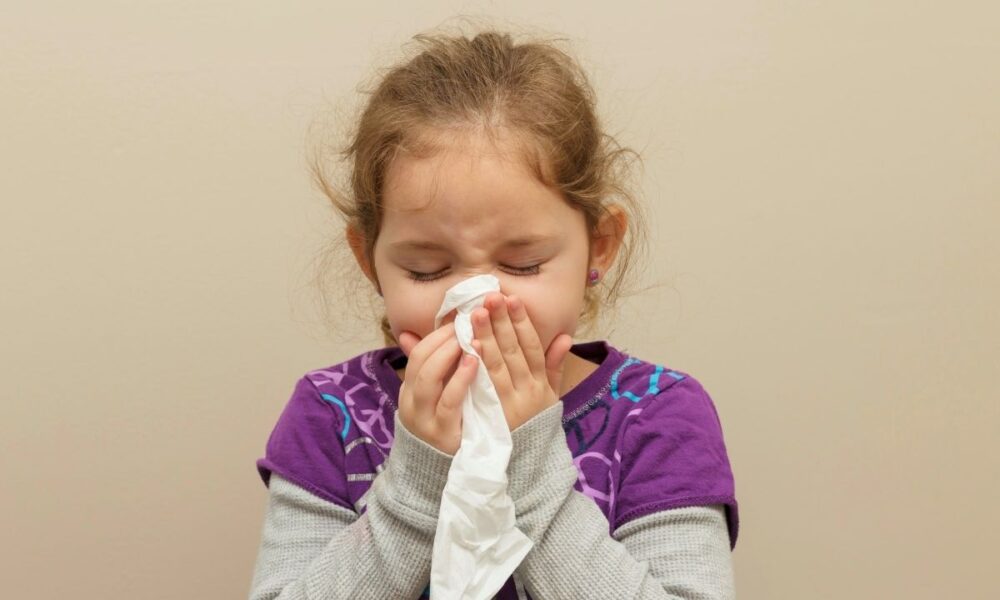A new study is shedding light on the rise of allergies, asthma, and other chronic illnesses affecting American children.
According to a study published in Communications Biology, rising cases of allergies, asthma, eczema, and related conditions may be linked to the decline of Bifidobacteria — beneficial gut microbes that help babies break down key nutrients in breast milk, especially human milk oligosaccharides (HMOs).
These bacteria were once common in the gut microbiomes of breastfed infants. Today, however, the study found that about 25% of U.S. infants lack even a detectable amount.
“It’s in this population where we have low Bifidobacteria or altered Bifidobacteria that we see a very significant increase in risk for non-communicable disease conditions, or atopic disease conditions such as food allergies, eczema, atopic dermatitis and asthma,” said the study’s co-author Stephanie Culler, CEO and co-founder of Persephone Biosciences, the San Diego-based biotech behind the large-scale investigation, per Gizmodo.
The cause of the decline isn’t fully understood, but earlier studies suggest several contributing factors — including higher rates of cesarean sections, infant antibiotics, reduced breastfeeding, improved sanitation, and changing diets.


